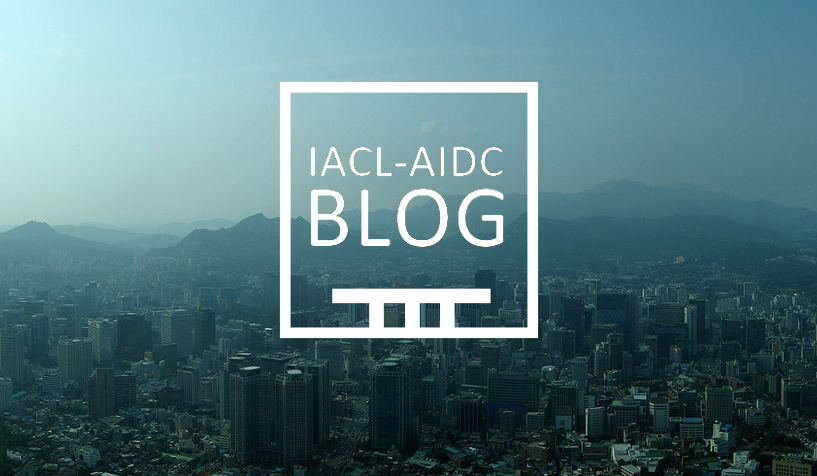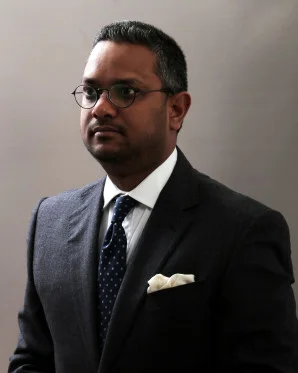The problem with Iceland’s proposed ban on circumcision
/Iddo Porat
A proposal to ban circumcision for non-medical reasons in Iceland has generated a heated debate over whether banning the practice would amount to an attack on religious freedom. Iddo Porat argues that we should be suspicious of any majority proposed legislation which affects only minority groups.
This article is one of two pieces published by EUROPP on this topic. For an alternative view on the issue, see the other article here.
Read More













![Xx1088_-_Seoul_city_nightscape_during_1988_Paralympics_-_3b_-_Scan [test].jpg](https://images.squarespace-cdn.com/content/v1/5af3f84a4eddec846552ea29/1527486925632-3VZP3ASLAHP1LJI0D9NJ/Xx1088_-_Seoul_city_nightscape_during_1988_Paralympics_-_3b_-_Scan+%5Btest%5D.jpg)
